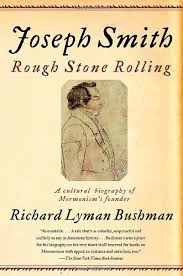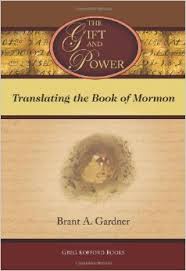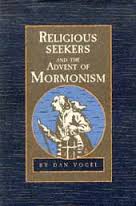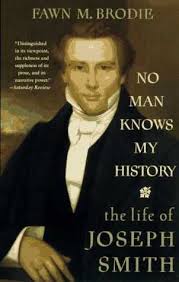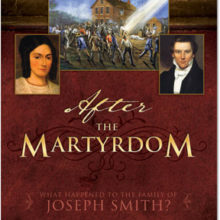Description
Founder of the largest indigenous Christian church in American history, Joseph Smith published the 584-page Book of Mormon when he was twenty-three and went on to organize a church, found cities, and attract thousands of followers before his violent death at age thirty-eight. Richard Bushman, an esteemed cultural historian and a practicing Mormon, moves beyond the popular stereotype of Smith as a colorful fraud to explore his personality, his relationships with others, and how he received revelations. An arresting narrative of the birth of the Mormon Church, Joseph Smith: Rough Stone Rolling also brilliantly evaluates the prophet’s bold contributions to Christian theology and his cultural place in the modern world.
It’s hard to overestimate just how much Richard Bushman’s long-awaited biography of Joseph Smith has been eagerly anticipated by Mormon readers. Now that it’s finally here it would be only natural if it didn’t live up to expectations. The thing is–it’s just as good as we all hoped it would be. “Rough Stone Rolling” is the culmination of almost forty years of what has been called “the new Mormon history.” It’s impossible for LDS writers to be objective about Joseph given his place in LDS history, so Bushman aims for balance and candor and succeeds brilliantly.
When I was growing up as a Mormon I have to admit that much of the LDS writing about Joseph was an obstacle to my faith. According to many he was a ideal man without flaw, a sort of 19th-century superhero. This made him a papier-mache saint that was impossible to relate to on a human level. Bushman describes a man who trusted the wrong people at times; was hotheaded, impulsive, and contentious; couldn’t abide personal criticism; was a lousy businessman–in short, a man with familiar human foibles. On the other hand he had a large, open heart, an expansive view of human possibilities, and an almost scary insight into the religious quandries of our lives. He was able to convince many, many others that the heavens had been opened. Much of 19th century Protestantism seemed spiritually dead as a stone; Joseph and his followers believed he had restored the flow of revelation that had existed in Biblical times. He became a prophet in a distinctly American vein.
Perhaps his most famous line for non-Mormons was “no man knows my history; if I hadn’t lived it I wouldn’t have believed it myself.” Bushman captures the sheer mystical mystery of Joseph’s life. Watching Bushman’s Joseph is a little like watching William Blake or even Joan of Arc: how such miraculous things happened still can’t be fully explained in this life and one can only marvel at what has been left behind. Bushman’s explication of the Book of Mormon is as searching and fascinating as we are likely to get, and yet it only scratches the surface of this American scripture. Joseph came to personify will and energy, and with the sheer force of history turned America into the promised land. From now on, all future attempts to write about Joseph will have to deal with Bushman.
